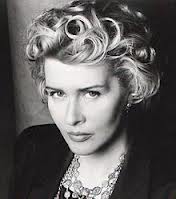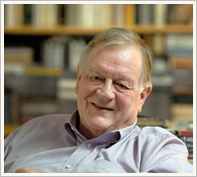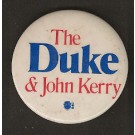 The Luncheon Society kicked off its New York gatherings with Andrew Blum, the author of “Tubes, A Journey to the center of the Internet.”
The Luncheon Society kicked off its New York gatherings with Andrew Blum, the author of “Tubes, A Journey to the center of the Internet.”
Last year, I found myself listening to a Terry Gross interview with Andrew and it was a wonderful and enlightening conversation about the mechanics of the internet, something we take for granted but cannot explain how it works.
It just is. Watch his TED talk on the Internet to get an idea about the platform of “old fashioness” that drives our modern communications.
The title comes from a quote from former Alaska Senator Ted Stevens, who believed that the internet was comprised of a whole bunch of “tubes.” While he was ridiculed at the time, Andrew Blum essentially confirms Stevens assessment. Beneath the internet protocols, the fiber optic relays, and whatever else is down there that nobody understands, he essentially got it right.
Here is the book jacket synopsis: “When your Internet cable leaves your living room where does it go?
 Almost everything about our day-to-day lives—and the broader scheme of human culture—can be found on the Internet. But what is it physically? And where is it really? Our mental map of the network is as blank as the map of the ocean that Columbus carried on his first voyages. The Internet, its material nuts and bolts, is an unexplored territory. Until now. Continue reading
Almost everything about our day-to-day lives—and the broader scheme of human culture—can be found on the Internet. But what is it physically? And where is it really? Our mental map of the network is as blank as the map of the ocean that Columbus carried on his first voyages. The Internet, its material nuts and bolts, is an unexplored territory. Until now. Continue reading





















